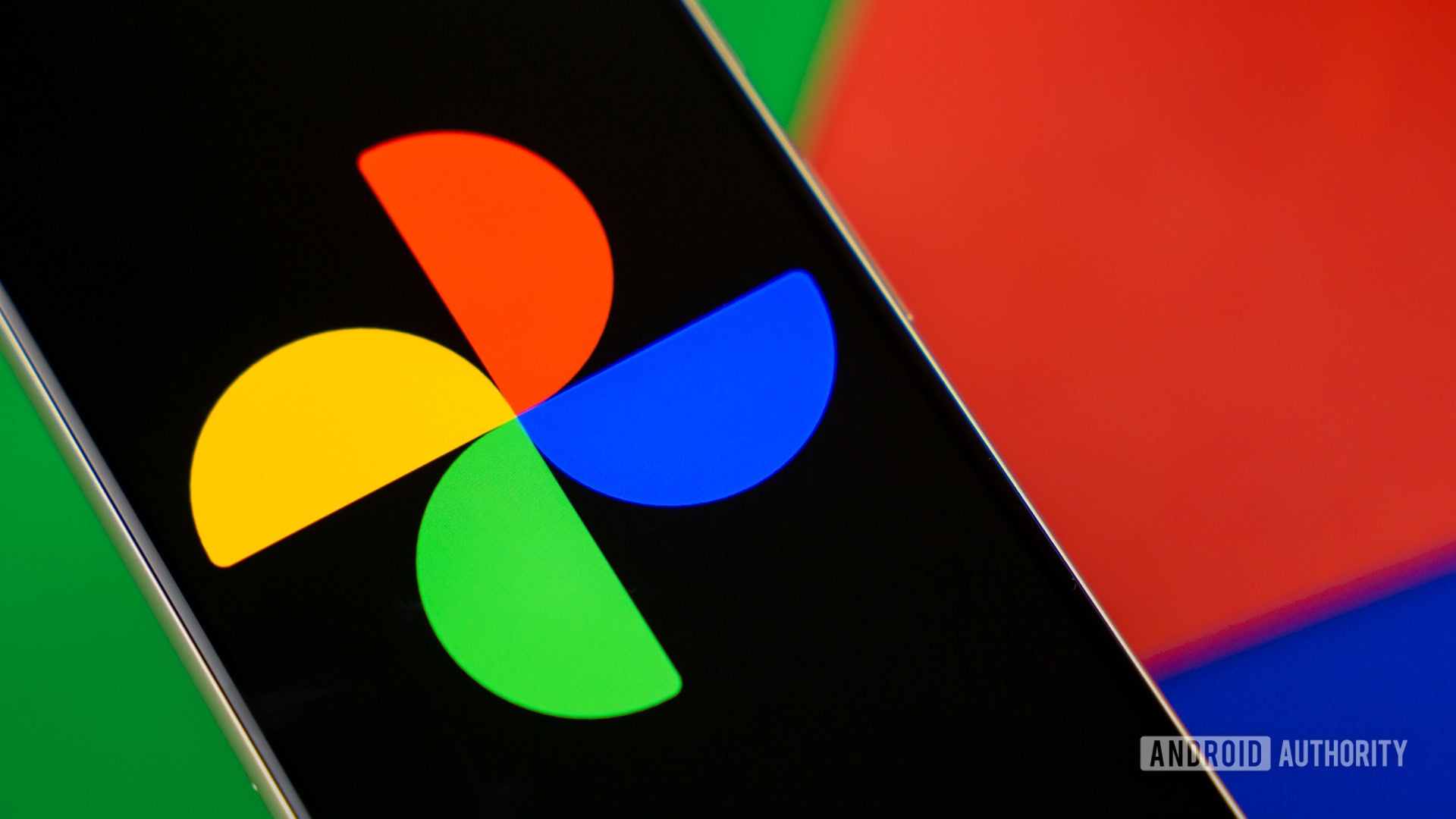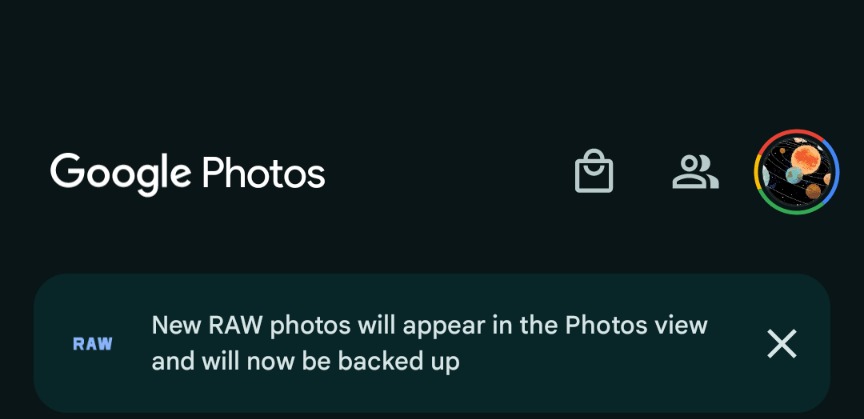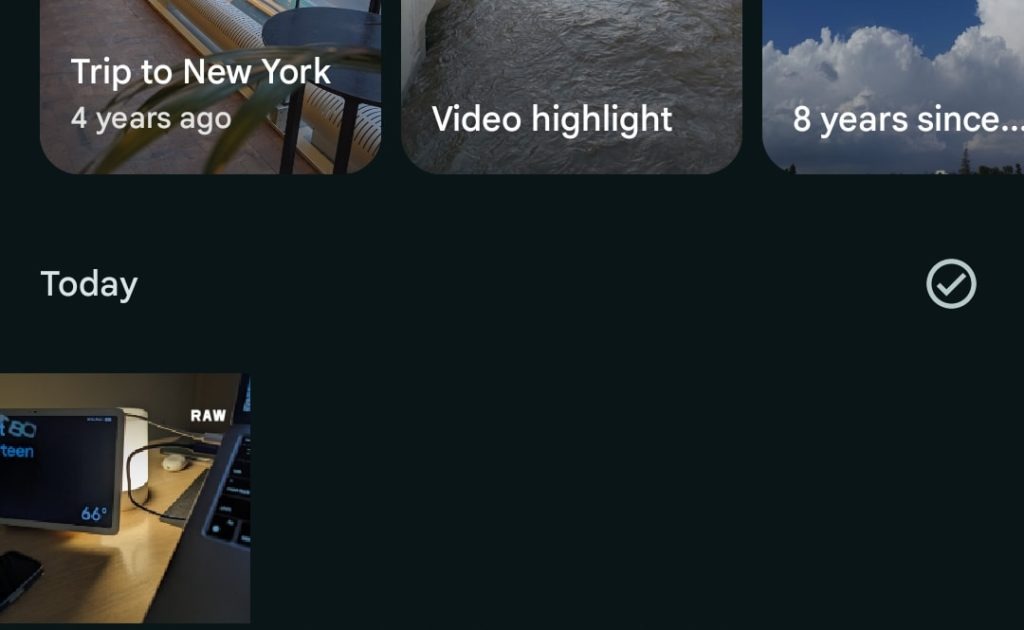Affiliate links on Android Authority may earn us a commission. Learn more.
Google Photos is now backing up RAW images, but you should be careful
Published onOctober 20, 2023

- Google Photos is informing some Pixel users that their new RAW photos will now be backed up and shown in the main Photos feed.
- Previously clicked RAW images will not be automatically uploaded.
- RAW files are large, and there is no way to restrict RAW uploads, so exercise caution if you shoot a lot of RAW, as you can run out of Google One storage quickly.
Google Photos is a great tool to back up your photos online, and it’s something you come to appreciate if you ever lose the data on your device. While most people will be served well by backing up all of their JPGs, some power users may have additional RAW files to back up, especially if they are using a camera-centric Android flagship. You could mark this folder to be backed up before, but the experience was not ideal. Now, Google Photos is fixing the experience by prompting users to back up their RAW files and showing them in the main feed.
As spotted by 9to5Google on a Pixel 8 that previously captured RAW images through the Pixel Camera app, Google is displaying a new banner to inform users that their RAW files will now be backed up and be shown in the main Photos view.
As the report notes, clicking a RAW photo now automatically uploads the RAW (and accompanying JPEG, as Pixels can’t shoot in RAW-only mode). The uploaded image now appears in the main Photos feed and has a “RAW” badge. The JPEG is considered a part of the photo “burst.”
Further, you can set the RAW photo as the main photo and separately delete the JPEG. Alternatively, you can delete the JPEG and keep the RAW image.
Note that RAW files are large in size. For example, if a JPEG is about 2-3MB, the RAW file would be between 15-20MB or even more. If you shoot many photos in the RAW format, you will likely chew through your Google One storage, as there is no easy way to restrict RAW uploads. Your previously clicked RAW images will not be automatically uploaded, but all your future RAW photos will be. For most users, we’d advise shooting in JPEG.

